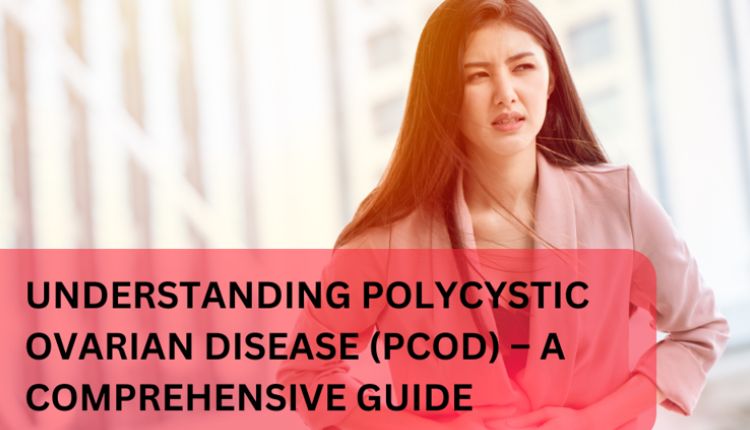Polycystic Ovary Syndrome, or PCOS, is a common health issue. Many women face it and it’s often misunderstood. As an expert in the field, I’m here to clarify. This guide aims to help you understand PCOS. It’s based on my research and the best edinburg gynecology practices. Let’s dive into the world of obstetricians and gynecologists to reveal the secrets of PCOS.
Table of Contents
What is PCOS?
PCOS is a hormonal disorder. It affects females in their reproductive age. It’s marked by prolonged or irregular periods. Elevated levels of male hormones are another sign. Many women have PCOS and don’t know it.
Symptoms of PCOS
PCOS often includes symptoms such as:
- Irregular periods
- Hair growth
- Weight gain
- Acne or oily skin
Diagnosis of PCOS
There’s no single test to diagnose PCOS. Doctors will start by ruling out other possible reasons. It’s a process of elimination. Here is a link to a reputable source for more details on the diagnosis.
Treatment of PCOS
There’s no cure for PCOS. But symptoms can be managed. Treatment focuses on managing individual concerns. These may be infertility, hirsutism, acne, or obesity. Specific treatment might involve lifestyle changes or medication.
Risks Associated with PCOS
PCOS can lead to serious health complications. It can increase the risk of:
- Diabetes
- Heart disease
- High blood pressure
- Sleep apnea
PCOS Compared to Normal Ovary Function
| NORMAL OVARY FUNCTION | PCOS |
| Regular menstrual cycles | Irregular or no menstrual cycles |
| Normal hormone levels | Elevated levels of male hormone |
| No excess hair growth | Excess hair growth |
Understanding PCOS is the first step towards managing it. Consult a healthcare professional for personalized advice. They can guide you towards a healthier life even with PCOS.
